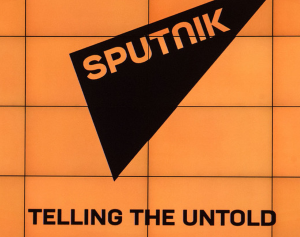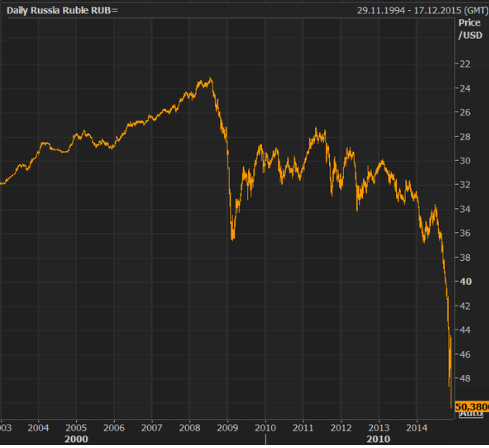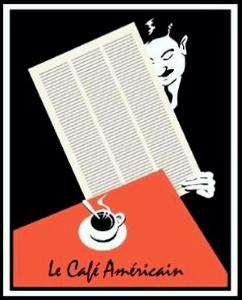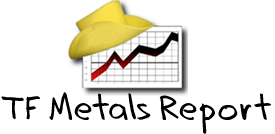 Being freed from being owned is a form of liberation with many manifestations.
Being freed from being owned is a form of liberation with many manifestations.
The frenzied acquisition of more stuff is supposed to be an unalloyed good: good for “growth,” good for the consumer who presumably benefits from more stuff and good for governments collecting taxes on the purchase of all the stuff.
But the frenzy to acquire more stuff raises a question: do we own our stuff, or does our stuff own us? I think the answer is clear: our stuff owns us, not the other way around.
Everything we own demands its pound of flesh in one way or another: space must be found for it amid the clutter of stuff we already own, it must be programmed, recharged, maintained, dusted, moved, etc.
The only way to lighten the burden of ownership is to get rid of stuff rather than buy more stuff. The only way to stop being owned is to is get rid of the stuff that owns us.
I propose a new holiday event, Gold Sunday: this is the day everyone hauls all the stuff they “own” that is a burden to a central location and dumps it in a free-for-all. Whatever is left after the freeters have picked through the pile is carted to the recycling yard and whatever’s left after that culling is taken to the dump.
Frankly, I wouldn’t accept a new big-screen TV, vehicle, tablet computer, etc. etc. etc. at any price because I am tired of stuff owning me. I don’t want any more entertainment or computational devices, musical instruments, vehicles, clothing, kitchen appliances, or anything else for that matter, except what can be consumed with some modest enjoyment and no ill effects.
We live in a small flat and I have no room for more stuff, and I have no time for more devices or entertainment. I have too much of everything but money and time.
I don’t want to pay more auto insurance, maintenance costs, etc., nor do I want more devices to fiddle with. I am enslaved to the few I already own.
This post was published at Charles Hugh Smith on SATURDAY, NOVEMBER 29, 2014.
 It does!
It does!




















 Follow on Twitter
Follow on Twitter
Recent Comments